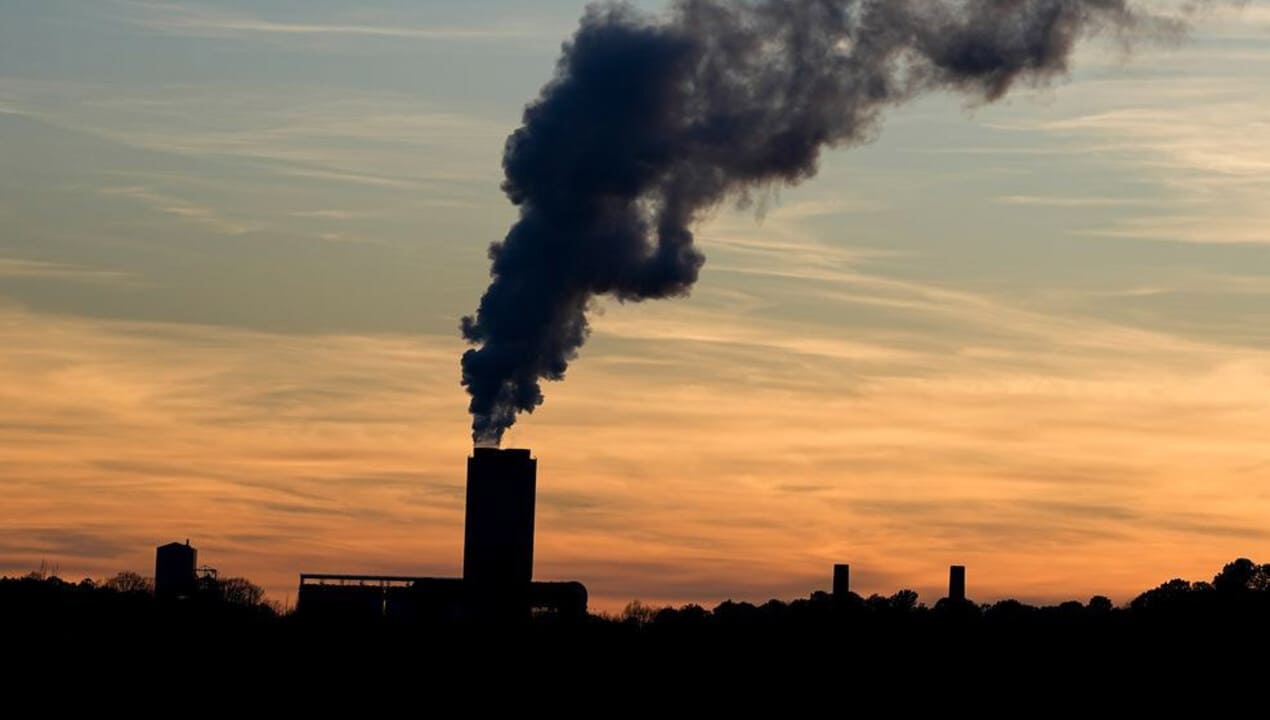
Independent Report – Two major environmental groups organizations have filed a lawsuit against the Trump administration for allegedly. Using a secret report to reverse key U.S. climate regulations. The Environmental Defense Fund and the Union of Concerned Scientists announced on Tuesday that they initiated legal action in a federal district court in Massachusetts. The groups claim that a panel of climate skeptics was quietly assembled. And also produced a report that influenced federal policy without any public notice.
The lawsuit centers on the so-called Climate Working Group, which was organized by Energy Secretary Chris Wright. According to the environmental groups, the panel operated outside the public eye, produced flawed findings. And also was used illegally to inform the Environmental Protection Agency’s decision. This decision overturned the scientific determination that had formed the basis of federal climate regulations. Raising serious legal and environmental concerns.
Also Read : Deadly Explosions at U.S. Steel Plant Near Pittsburgh
Gretchen Goldman, president of the Union of Concerned Scientists, emphasized the critical importance of peer-reviewed science in policymaking. She highlighted decades of research demonstrating that fossil fuel emissions are a major contributor to extreme weather events. Rising sea levels, worsening wildfires, and other climate-related disasters. “We should all relentlessly question who stands to gain from efforts to upend this unassailable scientific truth,” she said.
The lawsuit names Energy Secretary Chris Wright and EPA Administrator Lee Zeldin as defendants. Both officials have not yet provided public comments regarding the legal action. Environmental advocates argue that the secret use of the report undermines transparency and accountability in federal decision-making. They contend that the public and lawmakers were deliberately kept in the dark while decisions with far-reaching consequences for the environment and public health were made.
The case highlights broader concerns about the Trump administration’s approach to climate science. Critics argue that dismissing or downplaying mainstream scientific findings endangers the United States at a time when extreme weather events are becoming more frequent and damaging. The administration’s actions could hinder efforts to reduce greenhouse gas emissions. And also slow the transition from fossil fuels to cleaner, renewable energy sources.
Federal law requires transparency in advisory committees that influence government policy. The Federal Advisory Committee Act mandates that any federal advisory group must operate publicly, with disclosure of records and activities. By allegedly sidestepping these requirements, the Climate Working Group may have violated these legal standards. The lawsuit seeks to hold officials accountable and ensure that federal climate policies are based on scientifically sound and publicly vetted information.
Experts warn that ignoring climate science has severe implications for the nation. Rising global temperatures are linked to more frequent heat waves, stronger storms. And also higher sea levels, causing billions in damages each year. In addition to economic costs, these climate changes threaten human health, ecosystems, and infrastructure. Limiting or reversing climate regulations may delay the U.S.’s ability to respond effectively to these urgent challenges.
The Environmental Defense Fund and the Union of Concerned Scientists argue that transparent. Science-based policymaking is essential to protect public health and the environment. They maintain that the secret report undermined decades of rigorous research, compromising the integrity of federal climate regulations. The lawsuit reflects a broader struggle to ensure that climate policy decisions are guided by credible science rather than political interests or special agendas.
As the legal case unfolds, observers will be watching closely to see how the courts interpret the use of the secret report and its impact on federal climate policy. The outcome could set important precedents regarding transparency, scientific integrity, and the role of advisory committees in shaping environmental regulations.
The legal challenge underscores a fundamental principle in governance: decisions that affect the public and the environment must be based on credible evidence, subject to public scrutiny, and guided by the consensus of scientific experts. With increasing threats from climate change, ensuring that U.S. policies reflect accurate scientific knowledge is more urgent than ever.
Also Read : UNICEF: Universal Birth Registration as the Foundation for Children’s Rights in Africa